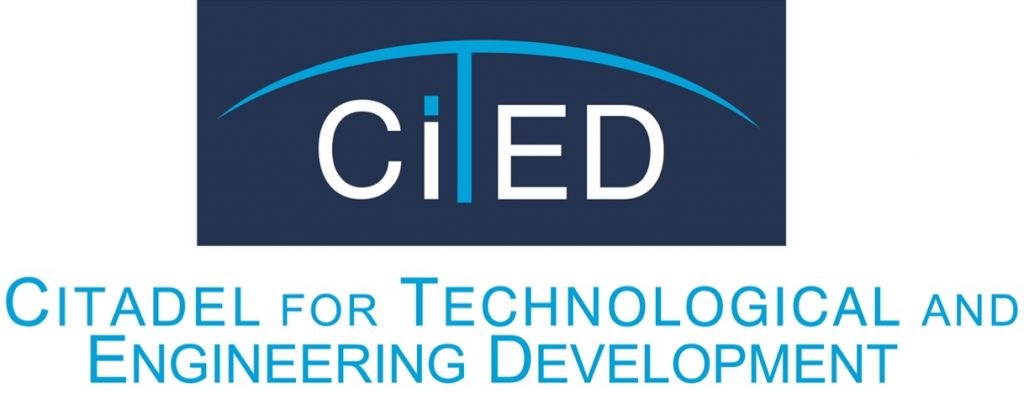This comprehensive 3-day training program is designed to empower participants with the essential knowledge and skills needed to optimize energy usage and enhance management practices in industrial facilities.

3-Day Practical and Hands-On Training: Energy Efficiency and Management in Industrial Facilities
- Course Introduction
Overview:
This comprehensive 3-day training program is designed to empower participants with the essential knowledge and skills needed to optimize energy usage and enhance management practices in industrial facilities. With a hands-on approach, the course bridges theoretical principles with real-world applications, enabling participants to identify inefficiencies, reduce energy costs, and contribute to sustainable industrial practices.
Key Focus Areas:
- Energy auditing techniques for industrial systems.
- Best practices in energy management and optimization.
- Evaluating and improving the efficiency of motors, boilers, compressors, and HVAC systems.
- Application of energy-efficient technologies and strategies.
Target Audience:
This training is tailored for:
- Energy managers and sustainability professionals.
- Maintenance engineers and technical supervisors.
- Facility managers in manufacturing, utilities, and industrial plants.
- Professionals seeking to advance their knowledge of energy efficiency in industrial contexts.
- About the Course
Content and Focus:
The training provides a detailed exploration of energy management principles, focusing on industrial systems and facilities. It incorporates:
- Theoretical Concepts: Foundational knowledge about energy systems, audits, and management frameworks.
- Interactive Exercises: Simulated scenarios and problem-solving activities to engage participants.
- Case Studies: Real-world examples highlighting successes and lessons in energy optimization.
Learning Methodology:
Participants will gain practical experience through hands-on activities such as conducting mock energy audits, evaluating energy usage in industrial equipment, and developing actionable energy management plans. The blend of interactive sessions and case studies ensures that participants can immediately apply the skills and techniques to real-world challenges.
- Course Objectives
Main Goals:
- Equip participants with the skills to identify and rectify energy inefficiencies.
- Provide a framework for implementing effective energy management systems in industrial facilities.
- Empower participants to contribute to their organization’s sustainability goals and reduce energy costs.
Learning Objectives:
By the end of the course, participants will be able to:
- Conduct comprehensive energy audits for industrial facilities.
- Analyze and optimize energy usage in key industrial systems.
- Develop actionable strategies for energy management and cost reduction.
- Utilize energy-efficient technologies to improve system performance.
- Course Outline
Day 1: Fundamentals of Energy Management
- Session 1: Introduction to Energy Efficiency and Sustainability.
- Session 2: Understanding Energy Auditing and Management Systems (ISO 50001).
- Activity: Hands-on energy audit of mock industrial data.
Day 2: System Optimization and Efficiency
- Session 1: Optimizing Industrial Equipment: Motors, Boilers, and Compressors.
- Session 2: HVAC Systems and Thermal Energy Management.
- Activity: Efficiency testing and calculations for industrial systems.
Day 3: Advanced Strategies and Implementation
- Session 1: Integration of Energy-Efficient Technologies.
- Session 2: Developing and Presenting Energy Management Plans.
- Activity: Group project – Case study analysis and solution presentation.
- Course Outcomes
Expected Benefits for Participants:
- Enhanced ability to conduct energy audits and identify cost-saving opportunities.
- Practical knowledge of optimizing industrial equipment for energy efficiency.
- Actionable strategies to implement and sustain energy management systems.
- Professional growth through industry-relevant skills and certifications.
Impact on Organizations:
- Reduction in energy costs and improved operational efficiency.
- Contribution to sustainability and compliance with energy regulations.
- Increased workforce competency in managing energy systems effectively.
- Conclusion
In this 3-day immersive training, participants will gain the tools and insights needed to excel in energy efficiency and management. With a focus on practical applications and real-world relevance, the course equips professionals to drive sustainable growth in their careers and organizations.



